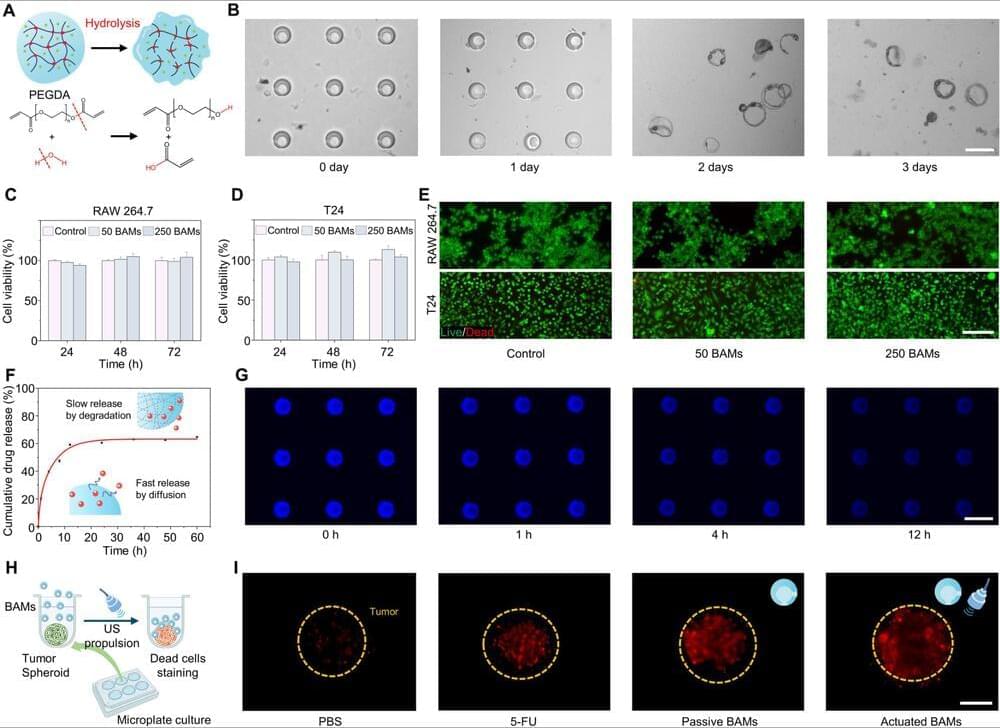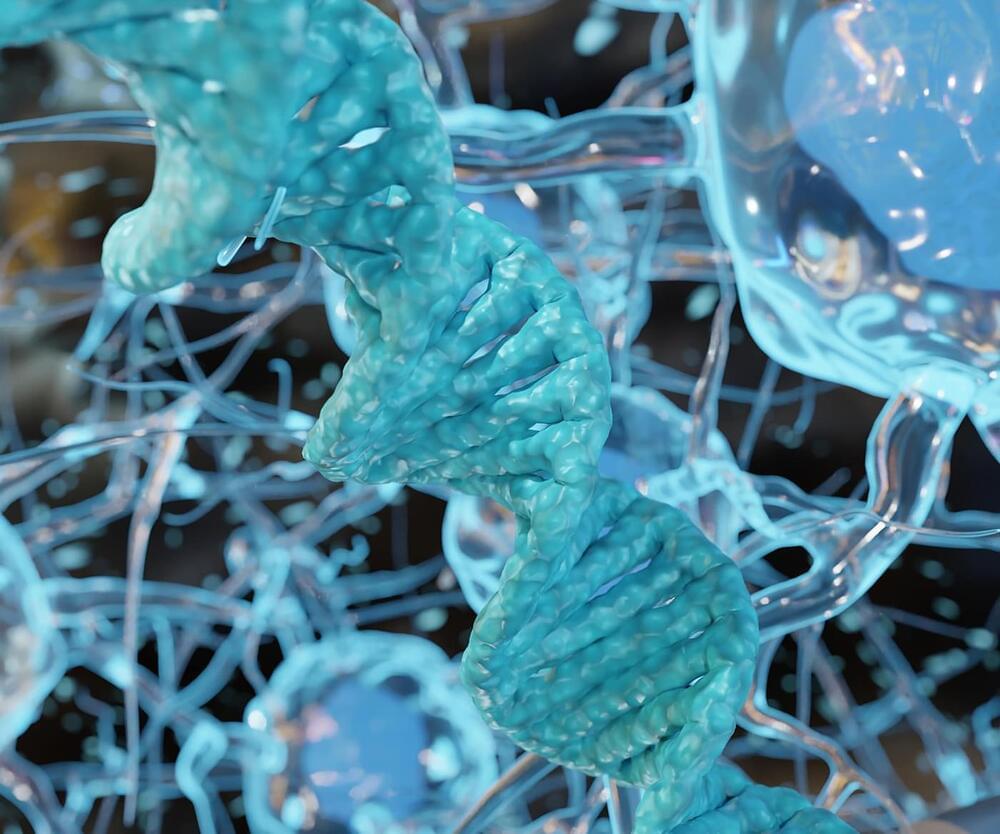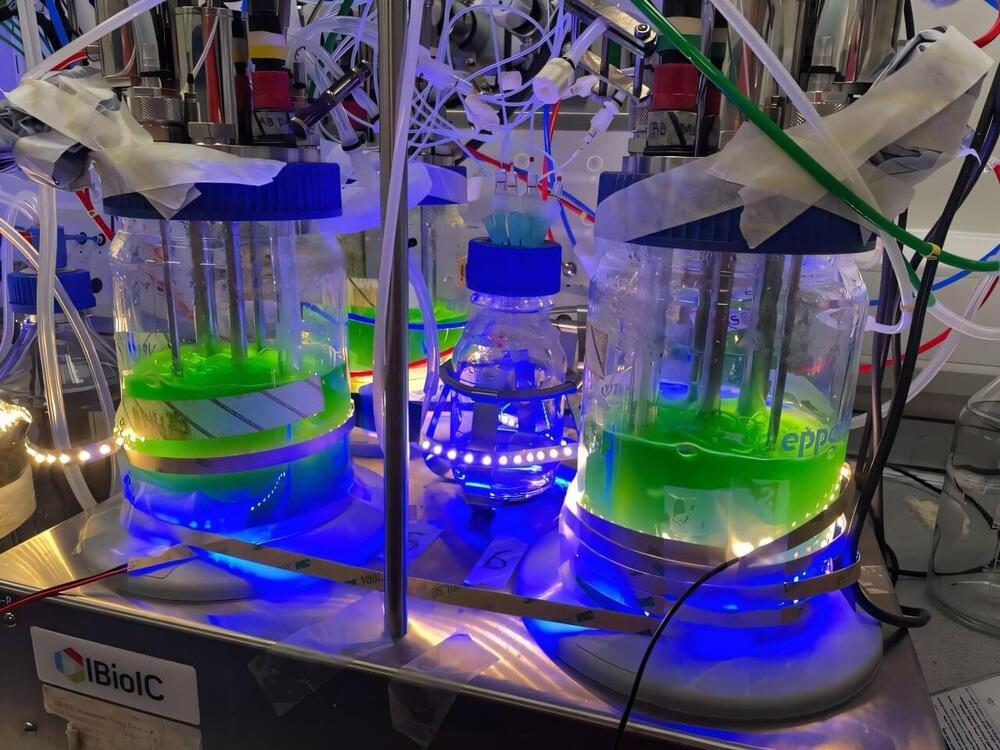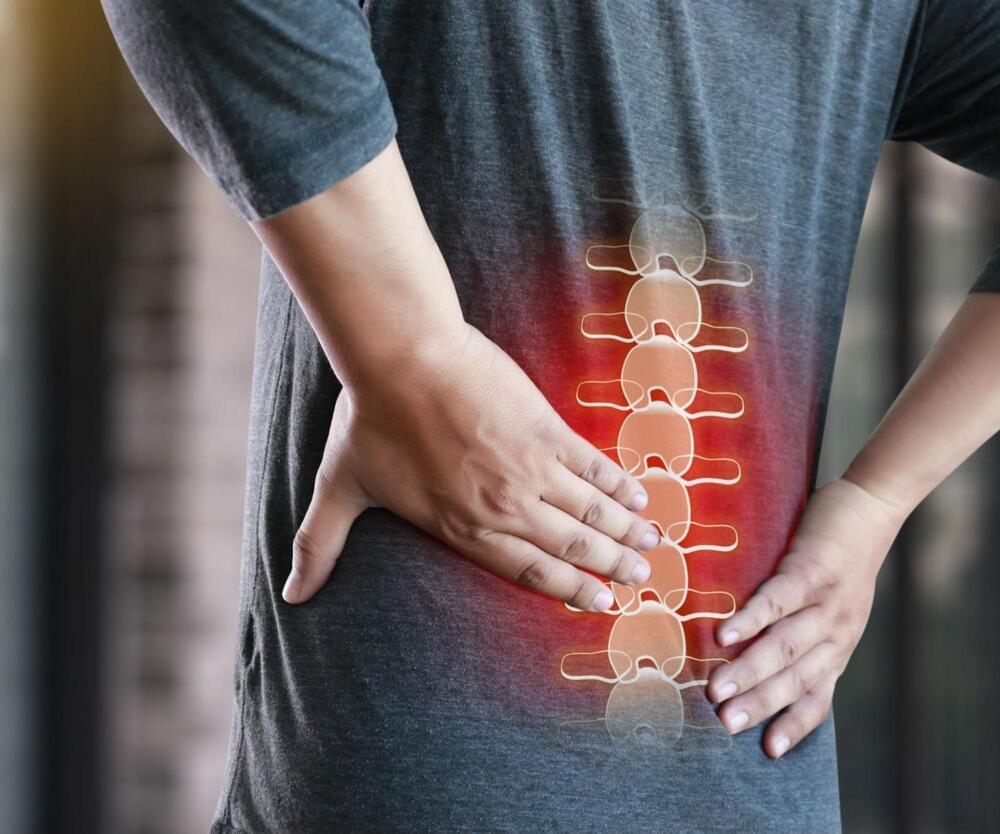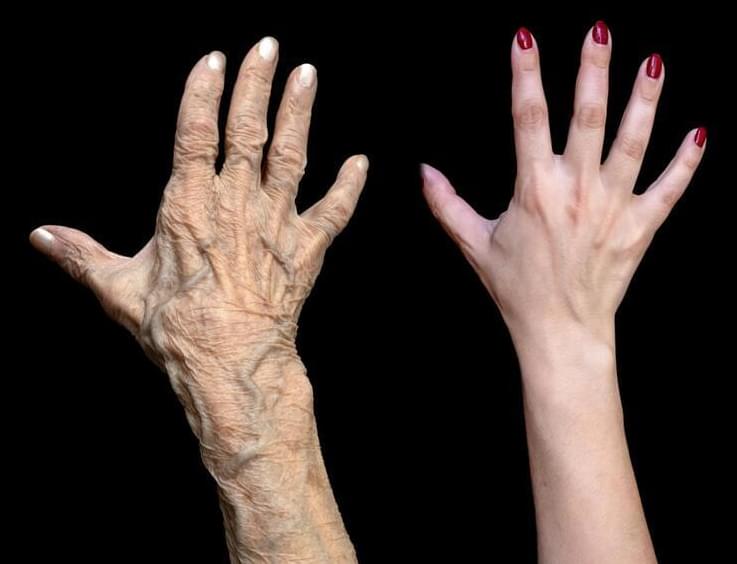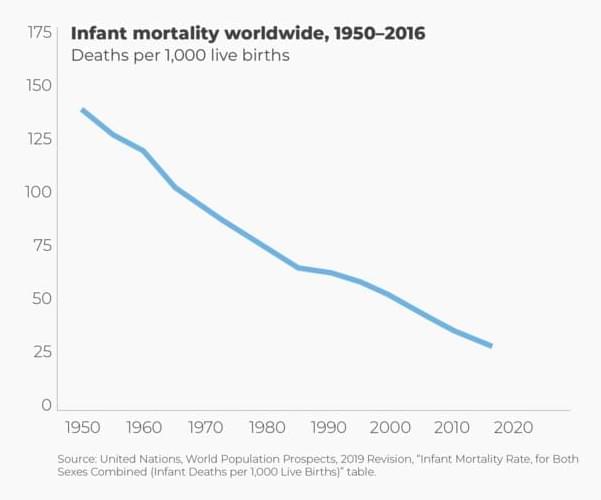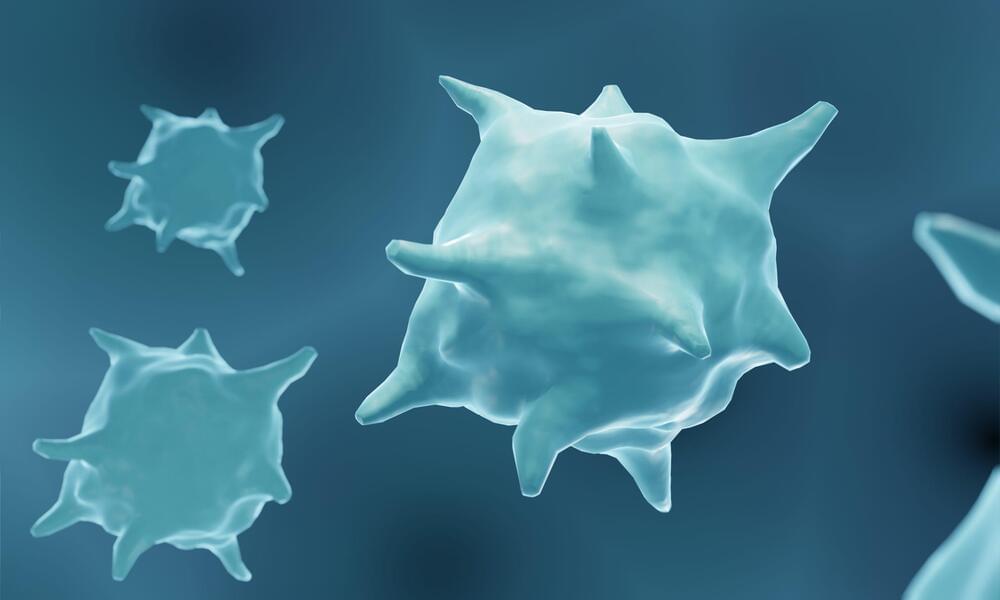It’s getting harder to harder to ignore the potential disruptive power of AI in research. Scientists are already using AI tools but could the future lead to complete replacement of humans? How will our scientific institutions transform? These are difficult questions but ones we have to talk about in today’s episode.
Written, presented \& edited by Prof. David Kipping.
→ Support our research: https://www.coolworldslab.com/support.
→ Get merch: https://teespring.com/stores/cool-wor…
→ Check out our podcast: / @coolworldspodcast.
THANK-YOU to T. Widdowson, D. Smith, L. Sanborn, C. Bottaccini, D. Daughaday, S. Brownlee, E. West, T. Zajonc, A. De Vaal, M. Elliott, B. Daniluk, S. Vystoropskyi, S. Lee, Z. Danielson, C. Fitzgerald, C. Souter, M. Gillette, T. Jeffcoat, J. Rockett, D. Murphree, M. Sanford, T. Donkin, A. Schoen, K. Dabrowski, R. Ramezankhani, J. Armstrong, S. Marks, B. Smith, J. Kruger, S. Applegate, E. Zahnle, N. Gebben, J. Bergman, C. Macdonald, M. Hedlund, P. Kaup, W. Evans, N. Corwin, K. Howard, L. Deacon, G. Metts, R. Provost, G. Fullwood, N. De Haan, R. Williams, E. Garland, R. Lovely, A. Cornejo, D. Compos, F. Demopoulos, G. Bylinsky, J. Werner, S. Thayer, T. Edris, F. Blood, M. O’Brien, D. Lee, J. Sargent, M. Czirr, F. Krotzer, I. Williams, J. Sattler, B. Reese, O. Shabtay, X. Yao, S. Saverys, A. Nimmerjahn, C. Seay, D. Johnson, L. Cunningham, M. Morrow, M. Campbell, B. Devermont, Y. Muheim, A. Stark, C. Caminero, P. Borisoff, A. Donovan, H. Schiff, J. Cos, J. Oliver, B. Kite, C. Hansen, J. Shamp, R. Chaffee, A. Ortiz, B. McMillan, B. Cartmell, J. Bryant, J. Obioma, M. Zeiler, S. Murray, S. Patterson, C. Kennedy, G. Le Saint, W. Ruf, A. Kochkov, B. Langley, D. Ohman, P. Stevenson, T. Ford \& T. Tarrants.
REFERENCES
► Smith \& Geach 2024, \
